ZME Science, 5 April 2024
Universe Today, 5 April 2024
Earth.com, 5 April 2024
Dallas Morning News, 4 April 2024
New York Post, 4 April 2024
AFP/Barrons, 4 April 2024
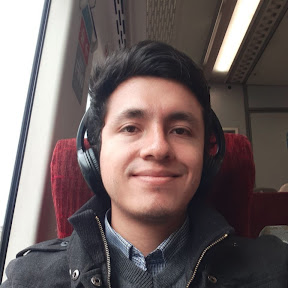
What is your position or role in the DESI project?
I am an Early Career Scientist (ECS) working mainly as a part of the Data, Education and Public Outreach, and Galaxy and Quasar Physics Working Groups. Currently, I co-lead the Anomaly Detection Topical Group.
Where were you born and Where do you live now?
I was born in Bogotá, the capital city of Colombia, South America, and I currently live there.
What do you do as part of DESI?
In DESI, my Ph.D. work involves using machine and deep learning techniques with DESI observation data. I contribute to the Data Working Group by developing an algorithm based on unsupervised machine learning to identify anomaly spectra in DESI observations. This technique is valuable for the reduction pipeline to identify outliers related to instrumental errors or new physics. Additionally, I work on predicting physical features of galaxies, such as Redshift, using photometric and spectroscopic data to train deep learning models. I’m also involved in characterizing the distribution of bright galaxies z<∼0.5 into the Dark Matter cosmic web.
What is the most interesting or exciting thing about your job?
The most interesting aspect of my job is the fusion of new technologies with physics. The constant innovation in technology provides exciting tools, gadgets, and algorithms that, when combined with physics, create an amazing synergy.
Any advice for an aspiring scientist?
Be creative. Maintain your love for science and nurture your creativity; they are essential engines for contributing to science and humanity.
What do you do for fun?
For fun, I enjoy exploring different cuisines, experimenting with recipes. Occasionally, I practice photography and painting, even though I’m not a professional.
If you weren’t a scientist, what would be your dream job?
If I weren’t a scientist, my dream job would be a Chef, specializing in various cuisines, or an artist focusing on the intersection of art and technology.
What excites/interests you most about DESI?
What excites me the most about DESI is the enormous amount of data to be observed, the scale and resolution of these observations are impressive, and everything hidden behind this data is intriguing. Being part of this collaboration brings me immense happiness.
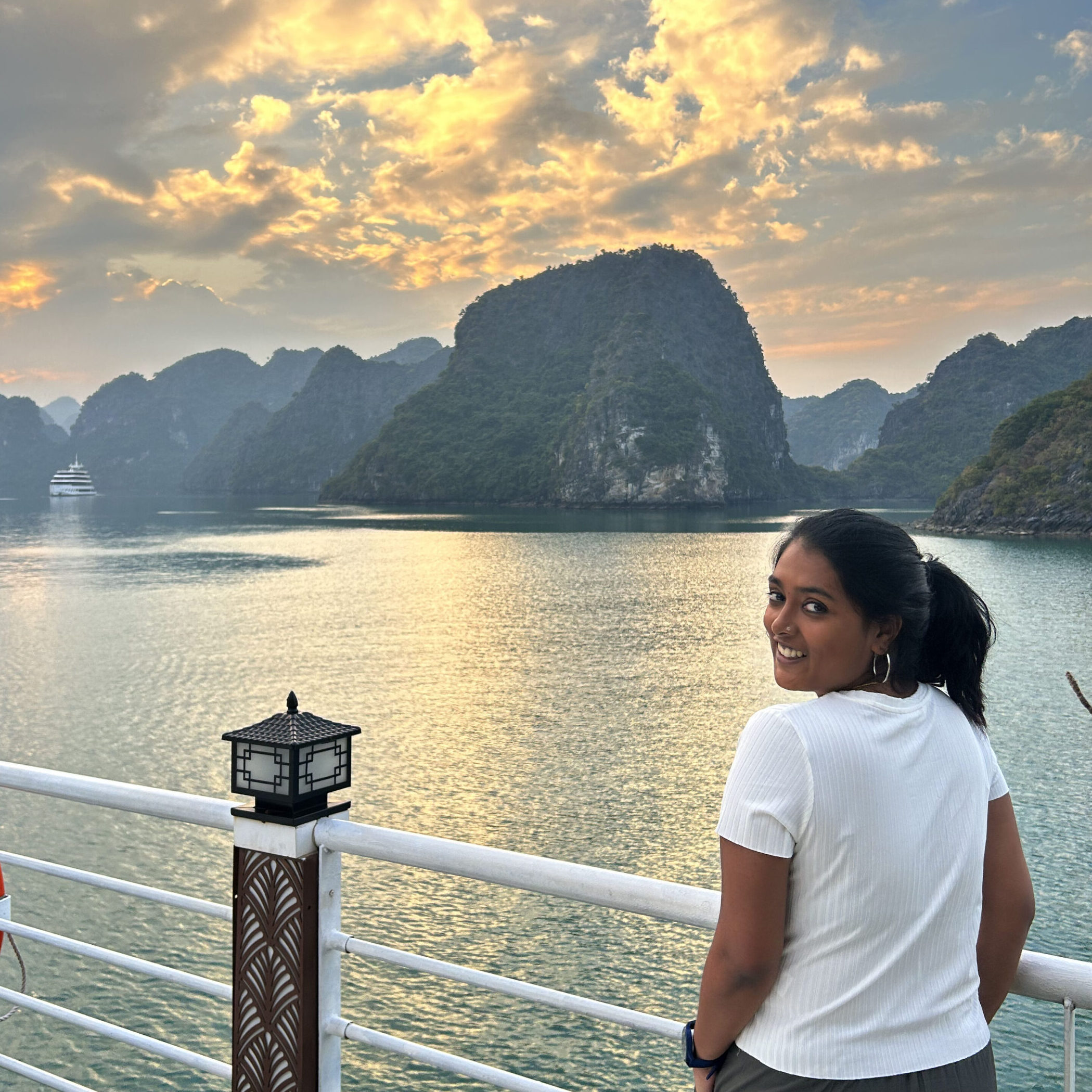
What is your position or role in the DESI project?
I am a 4th year PhD student working in the Milky Way Survey (MWS) group. I am also the co-chair of Early Career Scientists (ECS) committee and one of the organizers of DESI research forum talks.
Where were you born and Where do you live now?
I was born in Kerala, a South Indian state renowned for its swaying coconut palms, pristine backwaters, and vibrant festivals. After my masters in Bangalore, India, I moved to Taiwan where I am currently doing my PhD at the National Tsing Hua University.
What do you do as part of DESI?
I work on generating mock catalogues that match the selection criteria of MWS from high resolution AURIGA cosmological zoom simulations. These mocks are realizations of a DESI-like survey conducted in a simulated Milky Way – like galaxy, and can be used to test methods for studying the properties of our stellar halo, the substructures in it and finally, the assembly history of our Galaxy. Besides working on my project, I also organize research forum talks, help with ECS activities and take Support Observer shifts for DESI.
What is the most interesting or exciting thing about your job?
Astronomy allows us to explore the unknown. Every observation is a small step towards understanding something new, something unique about our Universe. Within this infinite Universe, my love lies closer to home. I am excited to study how our Galaxy formed, its structure and its evolutionary history. Being part of a large collaboration, using a very sophisticated instrument, working with people I admire, someone I have known from the classes I took, or papers I have read is more than exciting.
Any advice for an aspiring scientist?
Never give up on anything you love because of anyone. There will be a lot of ups and downs on the way, but it is all part of a learning process. Talk to people in all career stages, it builds up communication skills, helps in making new collaborations or guide you when you are in need. Always stay updated with what is happening in your field. Enjoy every small thing you learn. Most importantly, prioritize your physical and mental health above everything else.
What do you do for fun?
There are five things I enjoy spending time for: hanging out with people I am close to, having food (and watching others cook), a good movie, travel (anywhere other than crowded cities filled with concrete buildings) and music. I love to read books, blogging and photography, all of which are unfortunately taking a back seat lately.
If you weren’t a scientist, what would be your dream job?
Being an astronomer has always been my love. But if not that, social work has been something that has captured my interest (I have had an eye on the social work program of the Tata Institute of Social Sciences in India since a long time).
What excites/interests you most about DESI?
I am someone who was born in a small village, studied in a modest school, enjoyed colorful pictures of stars and galaxies, dream about being an astronomer, and today, as a member of DESI, I interact and collaborate with people who have made enormous contributions to this field. There is nothing more exciting than a dream come true.
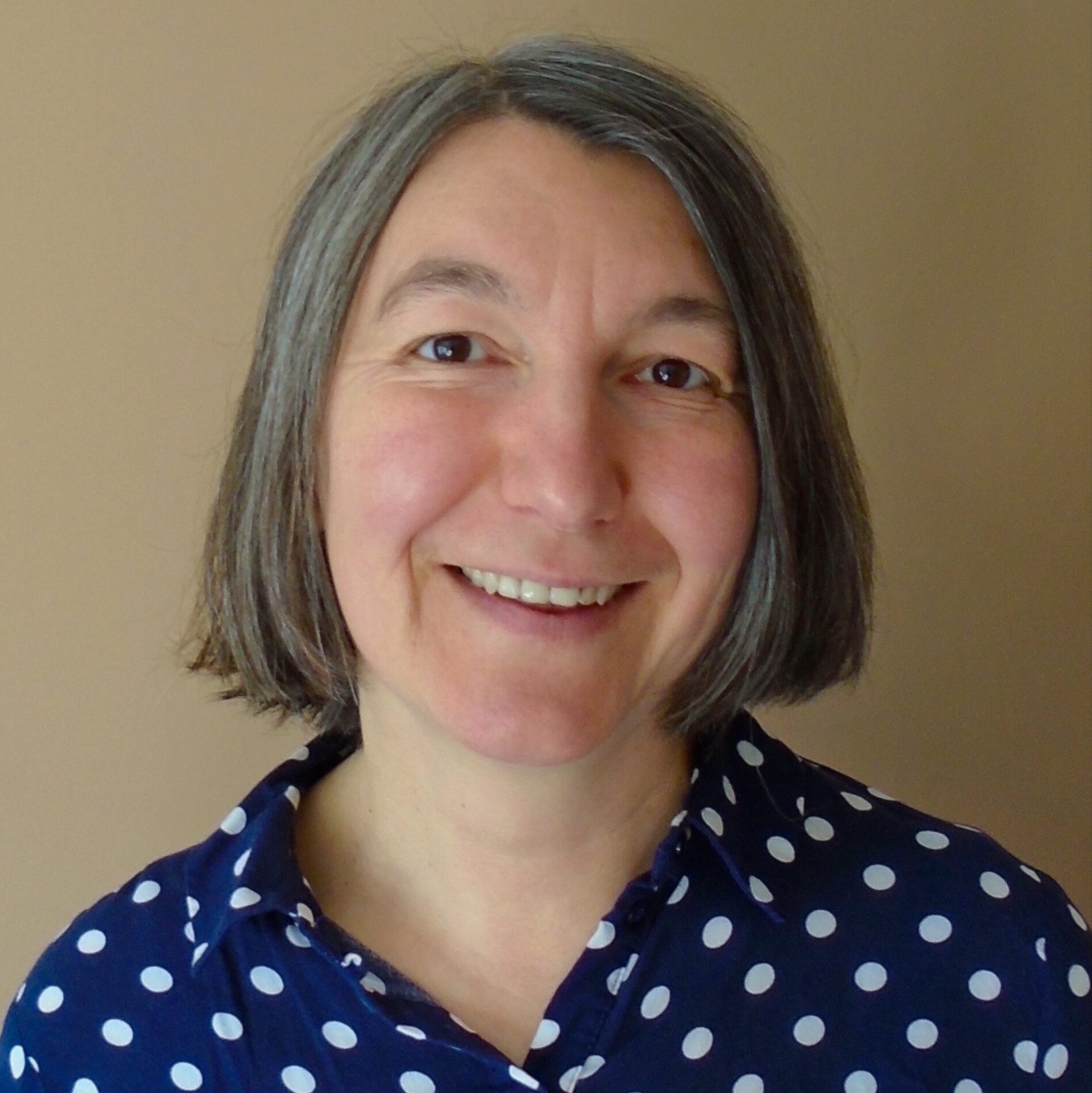
What is your position or role in the DESI project?
I have only recently joined the DESI project. I am very interested to contribute to the synergy between DESI and the large upcoming space-based surveys in the infrared such as Euclid, SPHEREx and the surveys with the Roman Space Telescope. I would also be excited to serve on the Publication Board, to which I can bring my extensive experience as Associate Editor for PASA.
Where were you born?
In Rimnicu Vilcea, Romania, which is a town just below the Carpathian Mountains.
Where do you live now?
I live in Durham, which is in the North East of England, and home to the beautiful Durham Cathedral.
What do you do as part of DESI?
Since I have only recently joined, I am still navigating my way around in this very large collaboration, trying to understand the different activities to which I could sensibly contribute. My expertise is in optical and near-IR spectroscopy of AGN and the study of their inner structure using time-domain astronomy. I eagerly follow the many publications coming out of the project and hope to be able to join meetings soon. But, unfortunately, it is too late for me to make travel arrangements to come to the DESI meeting in Hawaii in December.
What is the most interesting or exciting thing about your job?
The most exciting thing about being an astronomer is that no day is like the other. The job might get frustrating at times, but it surely is never boring. If I have a new idea on what I would like to research and publish, I can just do it.
Any advice for an aspiring scientist?
For an answer I would like to quote from Max Weber, a German sociologist, who wrote in “Science as a vocation” (1917): ” … Do you in all conscience believe that you can stand seeing mediocrity after mediocrity, year after year, climb beyond you, without becoming embittered and without coming to grief? Naturally, one always receives the answer: ‘Of course, I live only for my “calling.” ‘ Yet, I have found that only a few men could endure this situation without coming to grief. …”
What do you do for fun?
I like to spend time with my children. Listening to their views and ideas and seeing their need to express themselves in art is fascinating.
If you weren’t a scientist, what would be your dream job?
I cannot imagine myself not being a scientist. I find that it is most rewarding and exhilarating to discover for the first time even the smallest part of Nature’s hidden secrets.
What excites/interests you most about DESI?
I am excited about DESI’s possibility to measure the neutrino masses. But, of course, the possibility that we might soon have a satisfactory answer to the profound question of the nature of Dark Energy, which will come from DESI but also from other facilities working towards it, such as Euclid and LSST, makes me think that we live in historic times!
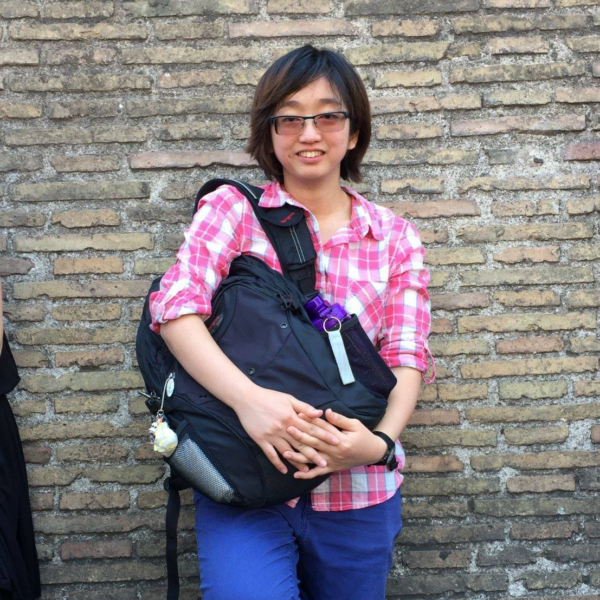
What is your position or role in the DESI project?
I am currently a postdoctoral researcher at National Taiwan University, where I lead a project within the Galaxy Quasar Physics Working Group and the Absorbers Topical Group. The project aims to study the circumgalactic medium (CGM) of massive radio galaxies using DESI spectra.
Where were you born?
I was born in Taipei City and grew up in Taoyuan City, Taiwan.
Where do you live now?
Currently, I live in Taipei, Taiwan. Taipei is the economic and cultural hub of Taiwan, seamlessly blends modern urbanity with a rich historical heritage.
What do you do as part of DESI?
I am using DESI quasar spectra to investigate the impacts of radio-mode feedback on the CGM by analyzing the absorption lines in the spectra. By studying the properties of CGMs, we could understand how the feedback affects the gas around galaxies and regulate the growth of massive galaxies. I am also a member of the DEI committee within DESI. The DEI committee is dedicated to combating the marginalization of underrepresented minorities, addressing issues having to do with inclusion within the collaboration.
What is the most interesting or exciting thing about your job?
Exploring the mysteries of the universe is the most exciting part of my job, as it involves answering scientific questions that have intrigued us for a long time and constantly learning new things. I always enjoy discussing scientific topics and interacting with other astronomers.
Any advice for an aspiring scientist?
Enjoy what you are doing. Not everyone may comprehend or appreciate your research topic, but if it’s something you’re truly passionate about, just go for it.
What do you do for fun?
I enjoy swimming and biking, engaging in these activities weekly. On weekends, I like to spend time with friends and family, like going shopping, having afternoon tea, and watching movies. Additionally, I have a passion for traveling, exploring the unique characteristics of different cities and cultures worldwide.
If you weren’t a scientist, what would be your dream job?
I have a wide range of interests. With my proficiency in teaching math—having served as a math tutor throughout college and graduate school—I might be teaching math if I hadn’t become an astronomer. Beyond my scientific pursuits, I am fascinated by history and diplomacy. If I had chosen to major in international relations, I could have pursued a career as a diplomat.
What excites/interests you most about DESI?
DESI is expected to observe tens of millions of galaxies in the coming years, providing an extensive dataset for in-depth studies of their statistical properties. Moreover, DESI is able to observe fainter and more extreme galaxies than any other contemporary surveys. Exciting new scientific discoveries are certain to emerge from the wealth of data generated by the DESI survey.
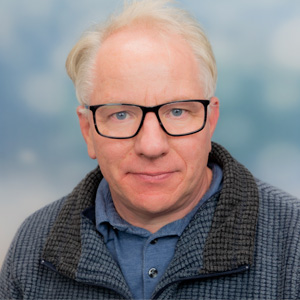
What is your position or role in the DESI project?
Formerly the Bright Galaxy Survey (BGS) and Cosmosim co-chair. I am currently a Membership Committee co-chair.
Where were you born? Where do you live now?
UK (North West). Durham.
What do you do as part of DESI?
A lot of Membership committee admin! I am also exploiting the BGS with Durham students and postdocs to get new constraints on the galaxy dark matter connection and galaxy formation in general.
What excites/interests you most about DESI?
The mix of technological advances that make it possible, the amazing data, and the talented collaborators.
Any advice for an aspiring scientist?
Do what you find most interesting!
What is the most interesting or exciting thing about your job?
Working with young enthusiastic scientists.
What do you do for fun?
Seeing new places, hiking, playing pool!
If you weren’t a scientist, what would be your dream job?
It is my dream job.
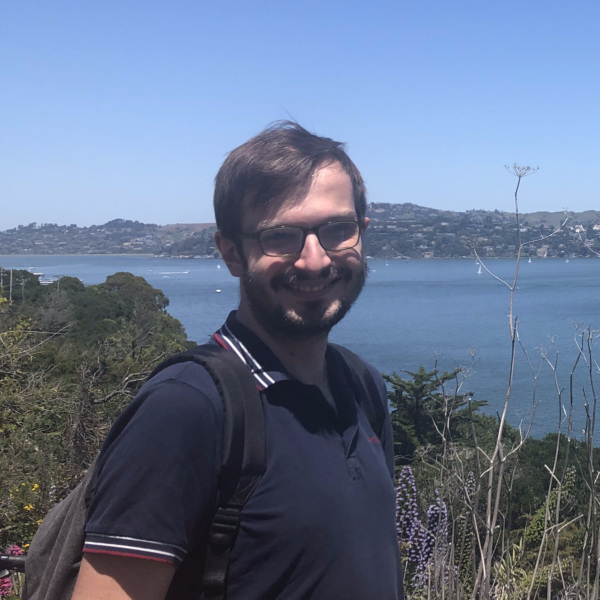
What is your position or role in the DESI project?
As of September 2023 I am working on the standard clustering analysis of the DESI Y1 sample, administratively as co-convener of the cosmological parameter estimation (CPE) working group, together with Mustapha Ishak.
Where were you born?
I was born in the suburban area of a fairly enjoyable midsize city in the West of France, Nantes. It is a one-hour drive to the Atlantic Ocean, and not far from Brittany.
Where do you live now?
I am currently living in Paris, in the lively 14th district, which I recommend for its numerous convenient stores, its pretty small streets and its shared gardens.
What do you do as part of DESI?
In DESI I am currently working on the clustering pipeline, specifically helping out putting together codes (power spectrum, correlation function, reconstruction, cosmological inference) in a well-controlled environment at NERSC. For the time being I am also looking into the mitigation of fiber collisions for the Y1 analysis, and how to quote DESI cosmological constraints.
What is the most interesting or exciting thing about your job?
I think I particularly like when we are making progress altogether — in a way that everyone can reproduce our results (hence my involvement in the infrastructure).
Any advice for an aspiring scientist?
Take some time to read the codes (if they exist already) that are of most importance to your own analysis — hopefully they are well written and you will learn a great deal both about coding practices and the details of your analysis. Please do not hesitate to ask for help.
What do you do for fun?
Cooking, hanging out with friends.
If you weren’t a scientist, what would be your dream job?
I have always been keen about space exploration (not colonization), rover or human missions. They illustrate what us humans can do best.
What excites/interests you most about DESI?
DESI really makes large scale structure a probe of precision cosmology. Beyond the thrilling scientific impact of DESI, we will have learnt a great deal about how to work altogether to produce the best analyses!
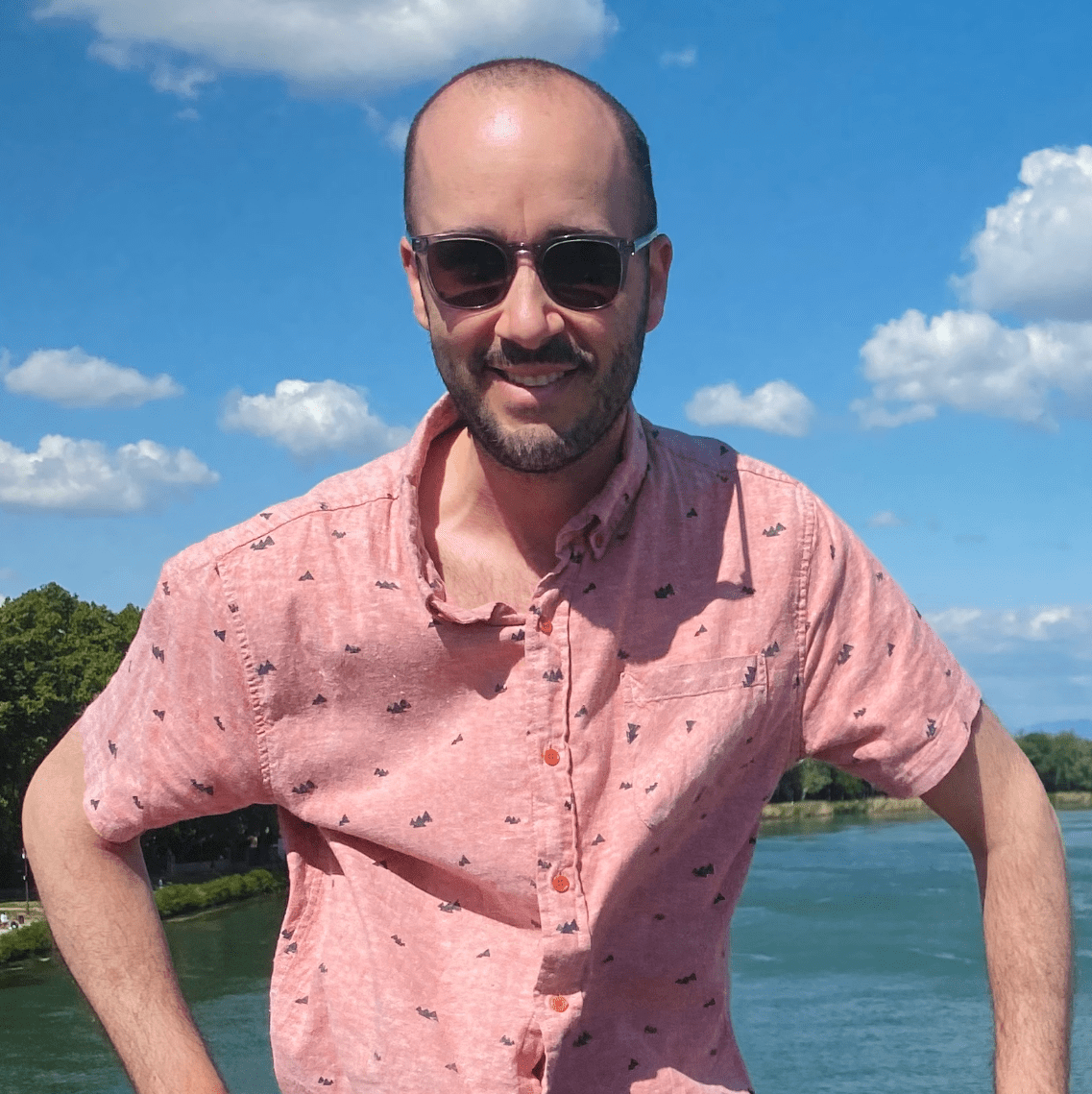
What is your position or role in the DESI project?
I am the Co-Chair of the Time Domain and Low Redshift Cosmology Working Group. My research group at Boston University ties together cosmological distance and velocity measurements of the universe with the fundamental physical properties such as dark energy, dark matter, ordinary matter, and Einstein’s general relativity. I have mostly specialized in using Type Ia supernovae as distance indicators and am leading the supernova teams in Pantheon+, SH0ES, DES, and DESI, and DEBASS.
Where were you born? Where do you live now?
I am originally from North Carolina (USA) where I grew up. I studied Physics at Johns Hopkins University, did my PhD at University of Pennsylvania, and took a NASA Einstein Postdoctoral Fellowship to The Harvard Smithsonian Center for Astrophysics. I’m excited to have recently moved to an assistant professor position in the Astronomy and Physics departments at Boston University, just down the road, where we are building out a new and exciting cosmology initiative.
What is the most interesting or exciting thing about your job? What excites/interests you most about DESI?
Now that our big Pantheon+ and SH0ES results have come out, when I’m not tending to keeping those datasets up-to-date and usable for the community, I’m focusing on low-redshift peculiar-velocity cosmology with distance indicators. Low-redshift peculiar-velocity cosmology is the most exciting thing to me going on in supernova cosmology right now. At low redshifts, the peculiar velocities dominate over the cosmic expansion, making them easier to measure accurately. This is because the cosmic expansion itself becomes less significant compared to the gravitational interactions within the local environment of galaxies. Consequently, the peculiar velocities provide a more precise probe of the gravitational pull exerted by nearby structures. By focusing on the low-redshift regime, scientists can effectively study the growth of structures and test general relativity with enhanced accuracy and sensitivity. This approach allows for a more detailed understanding of the large-scale structure formation in the universe and provides valuable insights into the nature of gravity on cosmological scales. DESI + Distance Indicators is uniquely positioned to make the best constraints in this regime.
Any advice for an aspiring scientist?
If you want to push the field of cosmology forward within a collaboration like DESI, don’t be afraid to get your hands dirty on projects in the critical path. These kinds of projects force you to be a versatile scientist and will snowball into greater and greater involvement in the central components of an analysis and people will rely on you which is good for getting the next job and also for becoming a leader!
What do you do for fun?
I like to play jazz saxophone. Back in undergrad I pursued a double degree with Jazz Saxophone at the Peabody Conservatory. I’ve been able to keep it going, playing and touring with a few bands over the last decade.
If you weren’t a scientist, what would be your dream job?
Musician (see above).
